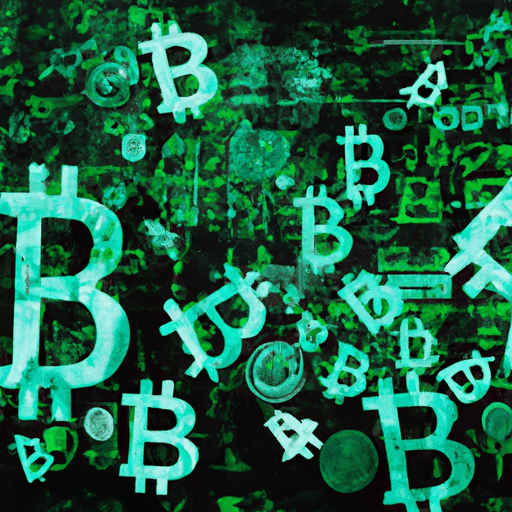
El Salvador and IMF Agreement: Balancing Bitcoin and Financial Stability
By: Eliza Bennet
The government of El Salvador is once again making headlines in the cryptocurrency world, challenging international conventional financial wisdom by doubling down on its Bitcoin strategy. Just as the International Monetary Fund (IMF) announced an agreement to deliver $120 million to the Central American nation as part of a larger financial support program, El Salvador took the bold step of purchasing more Bitcoin.
The IMF's stipulation, tied to a $1.4 billion loan agreement struck last year, advised El Salvador to scale back its accumulation of the digital currency, urging the country to limit further government exposure and involvement with Bitcoin. Specifically, the IMF emphasized the need for El Salvador to cease engagement with the government's Chivo wallet, a digital payment application developed to facilitate Bitcoin transactions for the entire nation, by the end of July.
Despite this international pressure, El Salvador remains steadfast in its commitment to adopt Bitcoin as a core part of its financial ecosystem. The government argues that cryptocurrency can foster financial inclusion, spur innovation, and attract investment. The store of Bitcoin by the nation, initiated under the leadership of President Nayib Bukele, continues to align with the national policy of transitioning towards a more digital-global economic standing, even as economists and policymakers caution about potential financial risks.
El Salvador's recent move illustrates a delicate balancing act. While the nation is showing adherence to some of the requirements set forth by the IMF, it simultaneously underscores its autonomy by purchasing more Bitcoin. The update to its national Bitcoin holdings has seen mixed reactions worldwide, driving an ongoing conversation about sustainable international finance strategies and the evolving role of digital currencies.
As the country continues to carve out its distinctive financial path, global financial institutions, economies, and investors closely monitor El Salvador's fiscal outcomes, awaiting to see if cryptocurrency can effectively coexist within traditional monetary systems.
For more details on cryptocurrency's influence on global economics, readers can visit organizations such as Bank for International Settlements or European Central Bank to understand the evolving relationship between traditional and digital finance.



